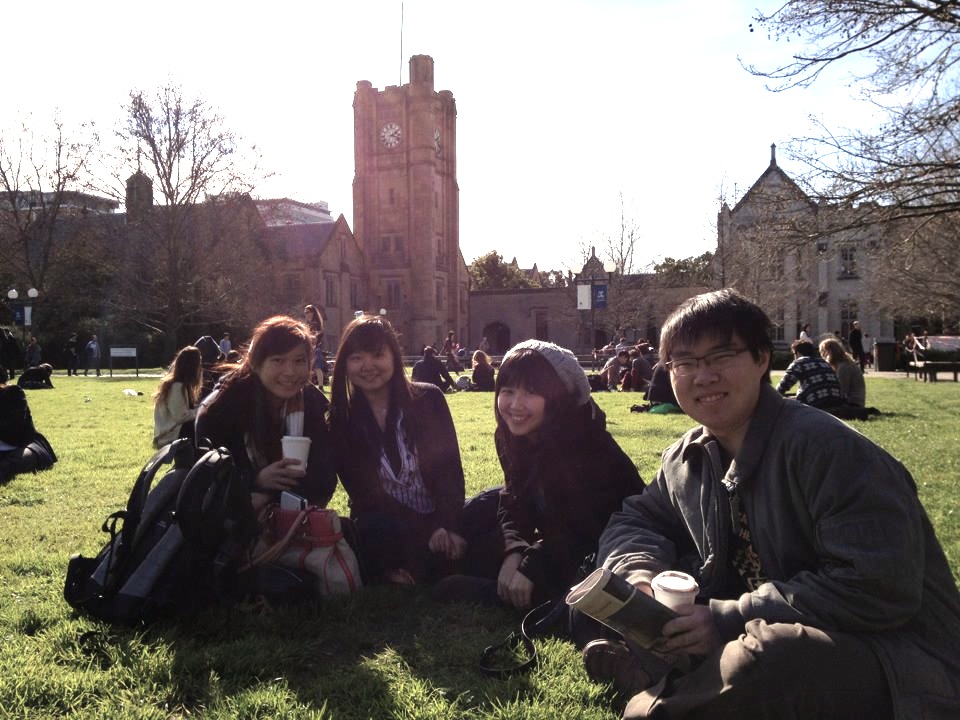Every now and then we find our friends say, “I want to study overseas.” I bet it’s not all because of the university, the degrees, and the subjects. I bet it’s also for the sheer experience of living abroad.
Set aside the troubles of applying for scholarship, choosing a degree, finding the right university, and a whole other bucket of issues related to your studies. There is suddenly another fear that creeps in slowly, unanticipated, as before there was only space for excitement.
The fear of change.
We have spent our childhood and teenage years in Indonesia. We have our parents to support us no matter what. We have forged countless friendship and built a strong community surrounding our little haven.
Studying overseas means we need to be independent. We are going to be alone, trying to fluently speak another language rather than our mother tongue. We will be faced with a new set of challenges and gained a whole different set of experience.
Here are some tips to help you make the transition in living abroad:
1. Attend the pre-departure briefing sessions
Most universities hold one or two sessions to discuss about the important things you need to know about living in your country of choice. This includes how to find accommodation, how to use the public transport system, and where to go for help in case you need it.
I know, it’s tempting to just skip this one. But this is the first best stop to get to know your future home for the next three years.
2. Join the overseas communities
Odds are your university of choice will have something like Indonesian Students Association or Overseas Students Association. Not only they are good first points to get to know others, they can also teach you about how to make the most out of your university career.
3. Make use of university academic advisors
When I first arrived in Melbourne, I couldn’t write and converse in decent English until the end of my second semester. Truth is, studying English in your home country and studying English in a place where it’s used as the mother tongue is not only challenging, it’s difficult.
Most universities offer help to international students to improve our English language, including stuffs that are related to our studies. Of course, they will not be doing spelling/grammar check for your assignments, but they can take a look at your essays and check if the style, flow, and key messages are in place, offering invaluable advices to how the marking system commenced in that particular subject.
4. Get your chin up, smile, and say hello
I can’t emphasise enough the importance of making friends. I spent my first semester in university eating lunch alone with my laptop, and trust me, it was not a good experience. I was shy and not confident of my English skills, and ended up burying myself in the library with the excuse of doing assignments.
When you’re far away from your family, your friends become your family. And if there’s something better than all the good coffees (I love caffeine) you can get, it’s the company to drink that good coffee with.
5. Get an intensive course in cleaning, cooking, and doing laundry
One month before your departure is the golden opportunity to ask your Mom about how to clean the kitchen, how to cook decent meals, and how to do laundry properly. Learn the difference between one detergent and the other, which meat to go with what sauce, and how to disassemble the stove in order to clean it. These are the key skills to survive, and not only to survive, but to live well.
Studying overseas is not merely about studying. It’s also about living to the fullest. It might be uncomfortable at first, but the whole experience is worth it!
Photo by Edwin Wong.








